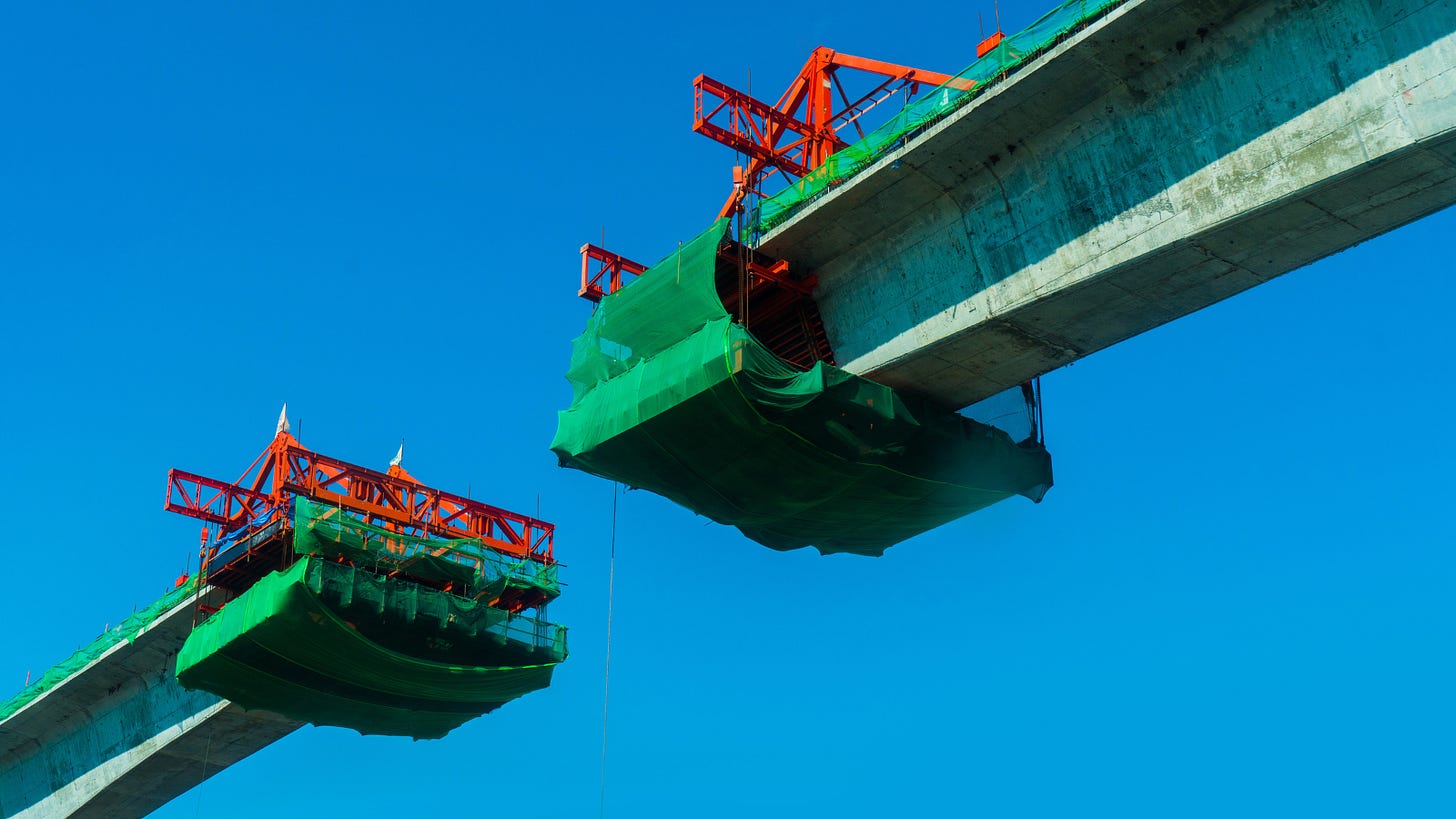President Joe Biden visited New Hampshire last week to tout the signing of the Bipartisan Infrastructure Framework with a speech delivered from the NH 175 bridge, a piece of infrastructure that has needed repairs since 2014.
The bridge made for a perfect photo backdrop and allowed New Hampshire’s all- Democrat Congressional delegation to demonstrate thei…
Keep reading with a 7-day free trial
Subscribe to Navigating Uncertainty to keep reading this post and get 7 days of free access to the full post archives.


